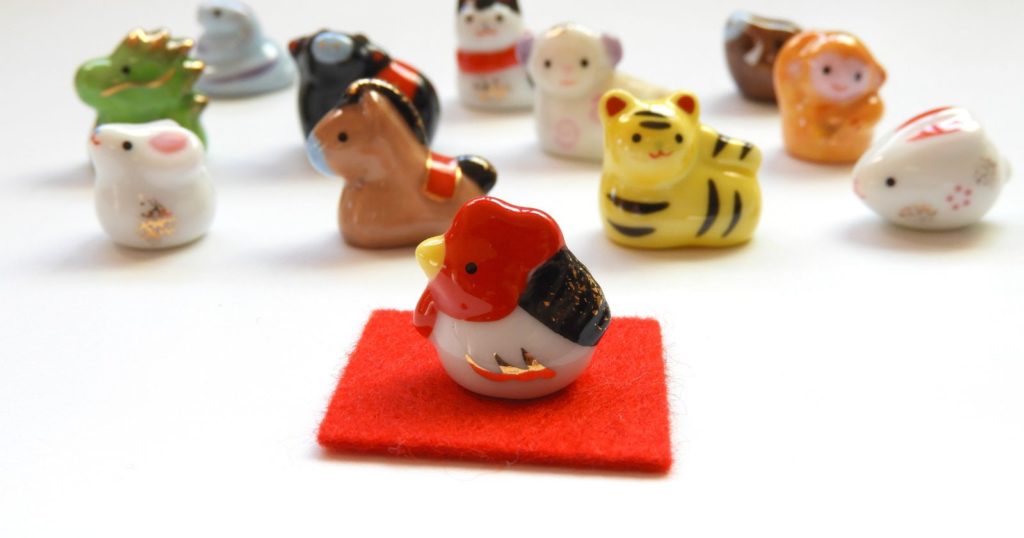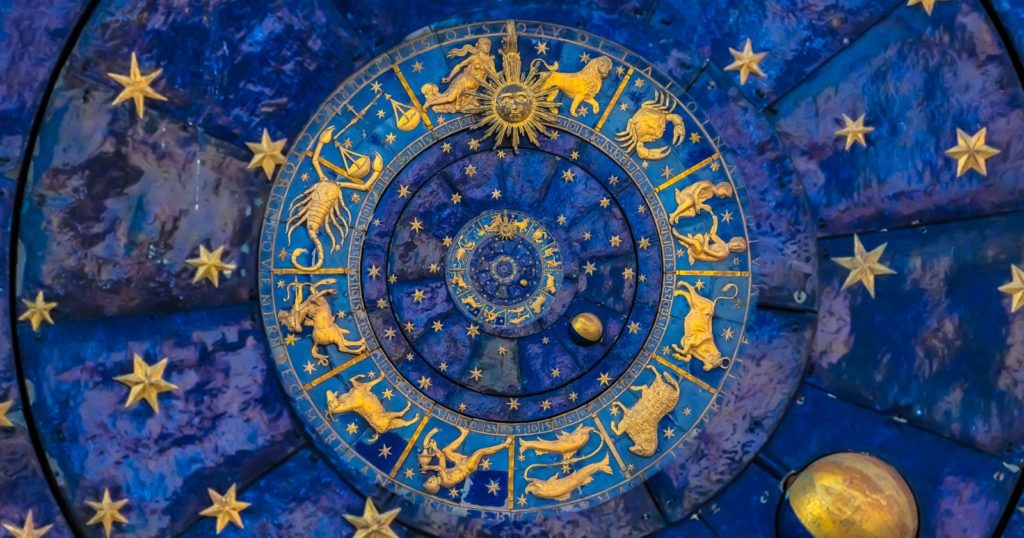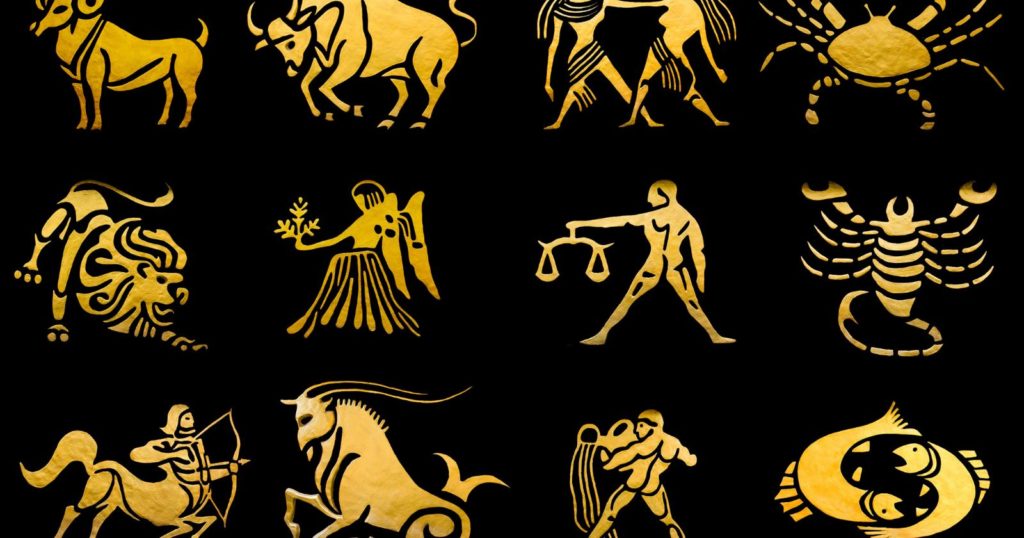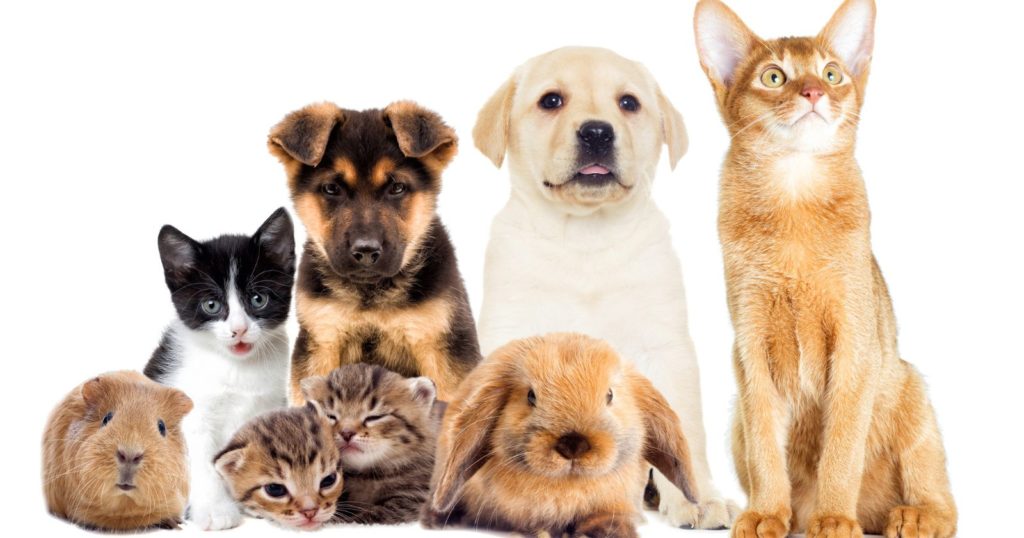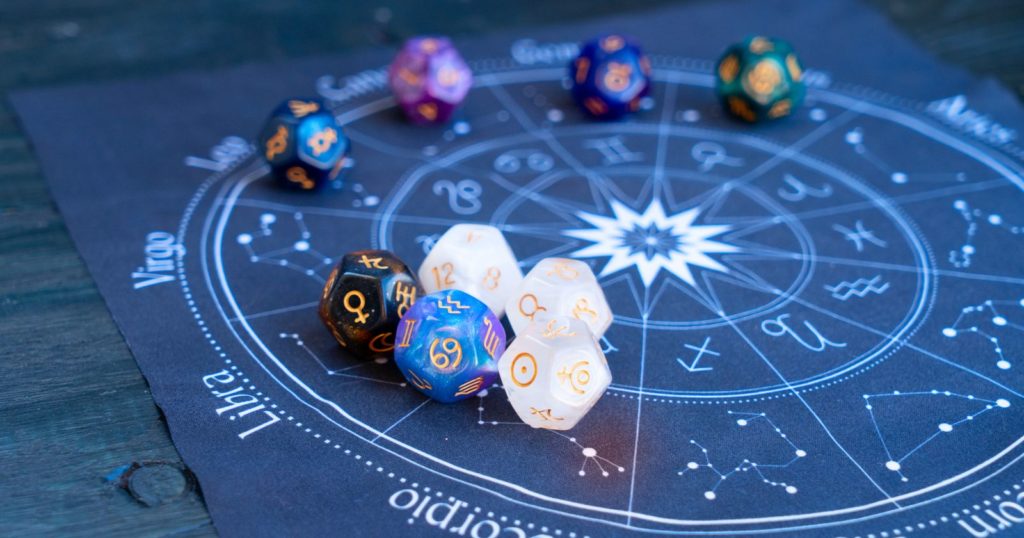In the vast expanse of the cultural cosmos, few aspects can be as fascinating as the diverse interpretations of zodiac signs. Among these, the Japanese zodiac, or “eto”, holds a unique position. Interwoven into the tapestry of Japan’s rich traditions, the 12 Japanese zodiac signs form a symbolic calendar that not only guides annual fortunes but also tells intricate tales about individual personality traits.
The concept of the zodiac is a widespread cultural phenomenon, however, the Japanese variant offers a unique perspective, a distinct flavor, that stems from the fusion of Buddhism, Taoism, and Shintoism. The Japanese zodiac, often referred to as the ‘Juunishi’, doesn’t orbit around celestial constellations like its Western counterpart, but rather pivots around 12 symbolic animals. Each animal, with its unique traits and idiosyncrasies, helps define an individual’s character, predict their fate, and even ascertain compatibility with others.
The allure of the 12 Japanese zodiac signs remains undiminished in contemporary times, continuing to shape the social, cultural, and personal aspects of life in Japan. Whether you’re a Rat meticulously planning every step, a Dragon blazing a trail with your fiery spirit, or a Rabbit navigating life’s challenges with your natural finesse and adaptability, the Japanese zodiac presents a riveting exploration into the self.
As an authority on Japanese culture and symbolism, I’ve spent years studying these zodiac signs, delving into their significance and nuances. As we journey together into this intricate universe of symbolism and meaning, you’ll find intriguing insights that might just resonate with your own story. So, whether you are already familiar with your Japanese zodiac sign or are about to discover it for the first time, prepare to be captivated by the wisdom of the ancient East.
Now, let’s delve into the fascinating realm of the 12 Japanese zodiac signs: Which animal are you?
The Circle of Twelve: An Overview of the Japanese Zodiac
The Japanese zodiac system, known as the Juunishi, is deeply rooted in the philosophy of yin and yang, and the theory of the Five Elements – wood, fire, earth, metal, and water. The interplay between these elements and the 12 symbolic animals creates an intricate matrix of attributes and affinities that shapes a person’s character and destiny.
The twelve animals of the Japanese zodiac are the Rat, Ox, Tiger, Rabbit, Dragon, Snake, Horse, Goat, Monkey, Rooster, Dog, and Pig. Each of these animals embodies a unique set of characteristics, and it is believed that people born in a specific animal’s year will inherit those traits.
The Rat (Nezumi): The first animal in the cycle, the Rat, is regarded as a symbol of intelligence, charm, and prosperity. People born in the Year of the Rat are believed to be innovative, ambitious, and highly adaptable. They are often successful in their endeavors due to their sharp wit and strategic thinking.
The Ox (Ushi): The Ox, the second sign, symbolizes diligence, reliability, and strength. Those born in the Year of the Ox are thought to be hardworking, dependable, and determined. They are usually patient, methodical, and their steadfast nature often leads them to achieve their goals.
The Tiger (Tora): Known for its courage and power, the Tiger is the third sign of the Japanese zodiac. Individuals born in the Year of the Tiger are often characterized as brave, competitive, and charismatic. They are adventurous souls, always ready to take on new challenges.
The Rabbit (Usagi): The fourth animal, the Rabbit, is a symbol of kindness, sensitivity, and elegance. Those born in the Year of the Rabbit are usually empathetic, graceful, and have a keen aesthetic sense. They value harmony and are adept at creating peaceful environments.
The Dragon (Tatsu): The Dragon, unlike its Western counterpart, is a symbol of wisdom, power, and luck in Japanese culture. Those born in the Year of the Dragon are believed to be energetic, charismatic, and often blessed with good fortune. They are ambitious and prefer to carve their own path.
The Snake (Hebi): The sixth sign of the Japanese zodiac, the Snake, represents intelligence, mystery, and gracefulness. Those born in the Year of the Snake are often wise, intuitive, and reflective. They are excellent communicators and can be very persuasive.
The Horse (Uma): The seventh animal in the cycle, the Horse, stands for energy, passion, and freedom. Individuals born in the Year of the Horse are typically energetic, independent, and have a zest for life. They have an adventurous spirit and are always ready to explore new horizons.
The Goat (Hitsuji): The eighth zodiac sign, the Goat, symbolizes peace, kindness, and creativity. Those born in the Year of the Goat are known for their empathetic nature, artistic talent, and a strong desire for tranquility. They have a knack for finding beauty in the mundane and expressing it creatively.
The Monkey (Saru): The Monkey, the ninth sign in the cycle, represents intelligence, versatility, and curiosity. Individuals born in the Year of the Monkey are often smart, agile, and inventive. They love challenges and can adapt quickly to new situations.
The Rooster (Tori): The tenth sign of the Japanese zodiac, the Rooster, symbolizes confidence, honesty, and diligence. People born in the Year of the Rooster are thought to be reliable, ambitious, and meticulous. They value honesty and are often straightforward in their dealings.
The Dog (Inu): As the eleventh animal in the cycle, the Dog stands for loyalty, courage, and justice. Those born in the Year of the Dog are believed to be faithful, courageous, and fair-minded. They are reliable friends and are always ready to lend a helping hand.
The Pig (Inoshishi): The last animal of the Japanese zodiac, the Pig, represents generosity, perseverance, and abundance. Individuals born in the Year of the Pig are often kind-hearted, determined, and optimistic. They are generous souls who love to make others happy.
In the Japanese zodiac system, the cycle of 12 years repeats indefinitely, and each animal is also associated with one of the Five Elements, which further defines their character traits and destiny. The element for a particular year is determined by the last digit of the year. For example, if the last digit of the birth year is 0 or 1, the element is metal; 2 or 3, it’s water; 4 or 5, it’s wood; 6 or 7, it’s fire; and 8 or 9, it’s earth. As you navigate through the intricacies of the Japanese zodiac, it’s crucial to understand the interplay between the symbolic animals and the elements, and how these relationships shape an individual’s personality and fate.
The Influence of the Five Elements
An important aspect of the Japanese zodiac that can’t be overlooked is the role of the Five Elements – Wood, Fire, Earth, Metal, and Water. These elements are thought to profoundly influence the characteristics and fate of individuals born under each zodiac sign. They add depth and complexity to the already intricate matrix of the Japanese zodiac, taking it beyond the realm of animal symbolism.
Wood: Associated with the qualities of growth, expansion, and vitality, the Wood element imparts a sense of compassion, flexibility, and creativity. Individuals with the Wood element in their zodiac sign are often cooperative, sociable, and have a strong sense of ethics.
Fire: Symbolic of dynamism, passion, and transformation, the Fire element brings intensity, motivation, and assertiveness. Fire individuals are often outgoing, charismatic, and possess a strong will. They have a zest for life and are always ready to take action.
Earth: Representing stability, practicality, and nourishment, the Earth element imparts reliability, patience, and discipline. Those with the Earth element in their zodiac sign are often practical, methodical, and grounded. They are capable of great perseverance and are often seen as dependable.
Metal: Symbolizing structure, discipline, and ambition, the Metal element lends traits of strength, persistence, and determination. Metal individuals are often organized, responsible, and value justice and fairness.
Water: Associated with emotion, intuition, and healing, the Water element imparts sensitivity, flexibility, and receptiveness. Water individuals are often empathetic, intuitive, and value harmony and peace.
The combination of the zodiac animals and the elements results in a cycle of 60 years, with each animal sign appearing five times, once for each element. This combination is believed to shape the character and destiny of individuals more precisely, making the Japanese zodiac a remarkably detailed and comprehensive system.
Compatibility in the Japanese Zodiac
Just as each zodiac sign has its unique set of characteristics, they also have particular affinities and conflicts with certain other signs, much like the concept of compatibility in western astrology. This notion of compatibility is often considered in personal relationships, business partnerships, and even in matchmaking.
Each zodiac sign forms a harmonious trio with two other signs, known as “compatibility triangles.” For example, the Rat is most compatible with the Dragon and the Monkey, forming a dynamic and innovative trio. The Ox, Snake, and Rooster make up a diligent and pragmatic trio. The Tiger, Horse, and Dog form a brave and free-spirited triangle, while the Rabbit, Goat, and Pig come together to create a peaceful and artistic trio. However, there are also conflicts between certain signs. For instance, the Rat and Horse are believed to be in conflict, as are the Ox and Sheep, Tiger and Monkey, Rabbit and Rooster, Dragon and Dog, and Snake and Pig.
Finding Your Japanese Zodiac Sign and Its Influence on Your Life
Determining your Japanese zodiac sign is a simple process, as it is purely based on the lunar year of your birth. Unlike the Western zodiac, which is divided into twelve monthly periods, the Japanese zodiac follows the lunar calendar, with each year associated with a particular animal sign. This difference gives rise to an interesting facet of the Japanese zodiac: all people born in the same lunar year share the same animal sign!
Influence of the Japanese zodiac sign on an individual’s life is multifold. Firstly, it provides an insight into their character traits. For example, if you were born in the Year of the Tiger, you might be energetic, courageous, and charismatic. If your birth year is associated with the Rabbit, you may have a keen aesthetic sense and value harmony in life.
Beyond personality traits, the Japanese zodiac is also believed to guide an individual’s fortune for the year. It is a common practice in Japan to check the annual predictions based on one’s zodiac sign. These forecasts can include aspects related to career, wealth, health, and relationships.
Finally, the Japanese zodiac is also thought to impact an individual’s compatibility with others. As explained earlier, each animal sign has specific affinities and conflicts with certain other signs. Understanding these relationships can offer insights into personal and professional relationships.
Conclusion
The Japanese zodiac, with its intricate blend of animal symbolism and the Five Elements theory, offers a unique perspective on understanding personality traits and predicting life paths. This fascinating system, deeply rooted in Japanese culture, continues to be an integral part of Japan’s tradition and social life.
Even in today’s modern world, the wisdom and insights offered by the Juunishi remain relevant, guiding individuals in their personal growth, decision-making, and relationship building. So, whether you’re a fiery Dragon, a gentle Rabbit, or an ambitious Rat, embracing your Japanese zodiac sign can open a new window into understanding yourself and others.
Now, armed with this comprehensive guide, you can explore the alluring world of the 12 Japanese zodiac signs. Whether you’re discovering your sign for the first time or deepening your understanding of its influence, the journey through the Japanese zodiac promises to be an enlightening one. So, go ahead and dive into the captivating realm of the Juunishi. Which animal are you?
References:
- Kenkyusha’s New Japanese-English Dictionary, 5th Edition, Kenkyusha Limited, 2003.
- “The Japanese Zodiac: 12 Animals to Represent Times of Day, Years, and Directions”, Kiyoshi Nozaki, 1987.
- “Japan’s World Heritage Sites: Unique Culture, Unique Nature”, John Dougill, Tuttle Publishing, 2014.
